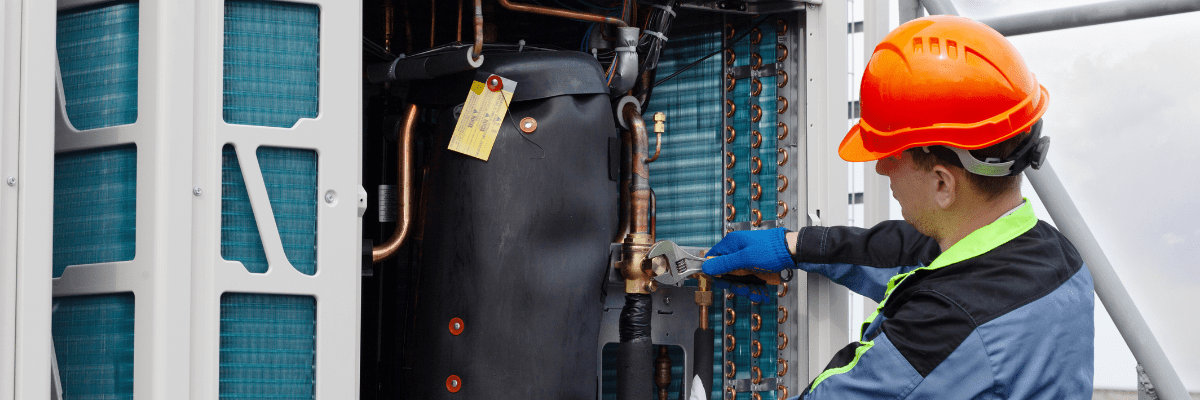As an HVAC technician, there are many ways you can specialize in one aspect of the work that interests you most. One option is to become an HVAC installer, specializing in installing new air conditioning, heating, and ventilation systems.
Here’s what you need to know about the job, the benefits of a career in HVAC installation, and the skills you need to succeed.
What does an HVAC installer do and how much do they earn?
HVAC installers, as the name suggests, install new and replacement AC, heating, and ventilation equipment in homes and commercial spaces.
Unlike service technicians, installers don’t typically repair equipment problems. But their job is very important, because proper installation can make the difference between a high-performing system and one that never works well. And it’s a secure career because heating and air conditioning are always needed.
HVAC installation includes the following tasks:
- Installing AC equipment, including air handlers, compressors, mini-splits, VRF systems, chillers and more
- Installing different types of heating systems, including furnaces, boilers, electric heaters, radiant floor heating, and also heat pump systems that can provide both AC and heat
- Installing ductwork, fans, and make-up air units for ventilation
- Work with plumbing, electricity, and refrigerant
HVAC Installers work from installation plans that have been developed by system designers and engineers. Depending on the company you work for, you can even specialize in a specific type of installation such as water-cooled chillers or VRF. You might even specialize in a specific portion of the installation work, such as ductwork, wiring, or refrigerant lines.
In New York, HVAC installers make an average of $30.40 per hour, plus an average of $6,750 each year in overtime. The most experienced installers can earn more than $47 per hour. Union members also get fully-paid medical benefits, paid vacation time, and a pension upon retirement.
Skills & experience needed to become an HVAC installer
HVAC installers need some different skills and qualifications than service technicians. Here’s what employers may look for:
- Some experience as an HVAC service technician or mechanic
- Experience with hand tools and power tools
- Ability to understand blueprints and work orders
- Plumbing experience
- Welding experience
- Experience with electrical wiring
- EPA 608 certification (required to work with refrigerants)
- Valid driver’s license
- Reliability
- Communication skills
- Knowledge of local codes
- Professional appearance
- Night and weekend availability in peak season
Learn more about careers in HVAC & Refrigeration
Check out our Career Spotlights to learn more about career paths in the HVACR industry. And sign up for our newsletter below for monthly tips to help you build a successful career.
HVACR Career Connect NY was created to promote the exceptional quality-of-life benefits of a career in HVAC and Refrigeration service, and also to provide a clear path for getting started in the profession. In doing so, we serve as a resource for employers in the New York City metro area to find and hire smart and capable new technicians. We also serve as an educational resource to support business growth and to help service technicians succeed in their chosen profession.
